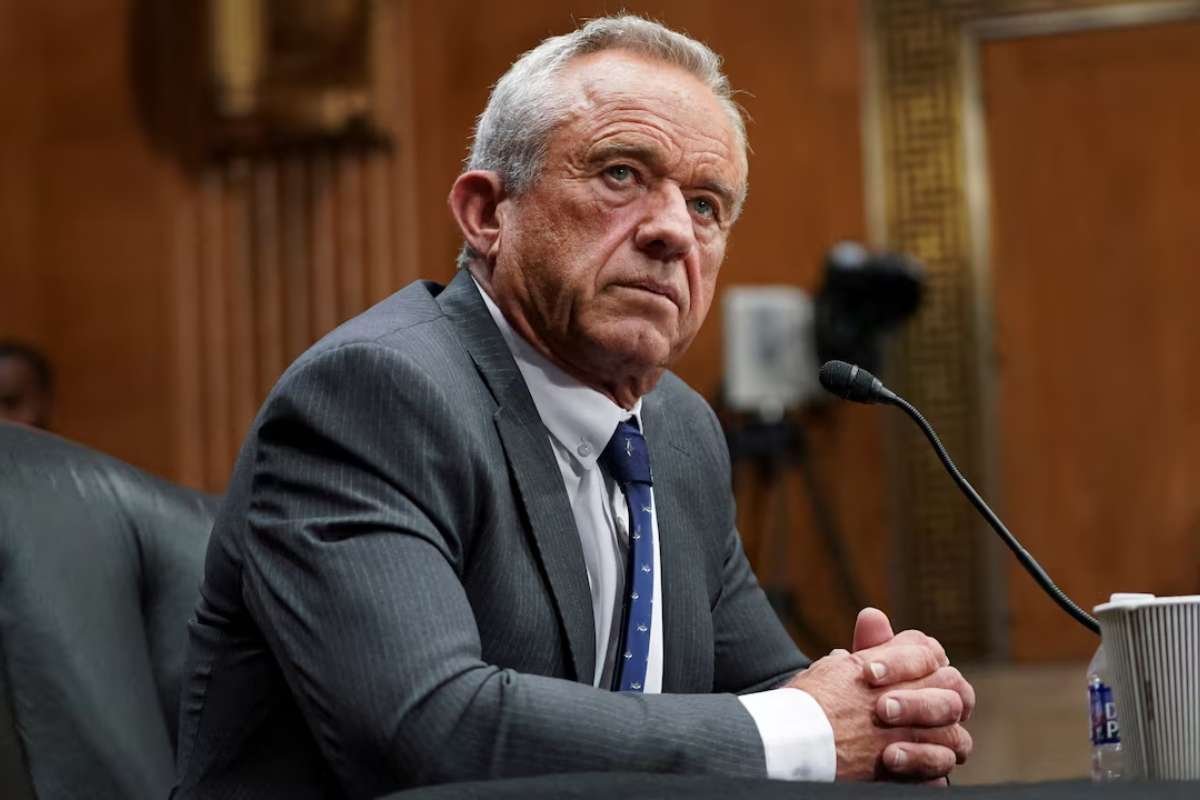Martin Kulldorff, newly appointed to the U.S. Advisory Committee on Immunization Practices (ACIP) by Health Secretary Robert F. Kennedy Jr., previously served as a paid expert witness in lawsuits targeting pharmaceutical giant Merck over its HPV vaccine, Gardasil. Court records show that Kulldorff earned over $33,000 for his expert analysis in the federal case, where plaintiffs alleged that Merck concealed safety risks related to the vaccine. In March, a North Carolina judge ruled in favor of Merck in that matter, which included around 200 similar claims.
Martin Kulldorff, a biostatistician and vocal critic of COVID-era lockdowns, was among eight new members appointed by Robert F. Kennedy after the dismissal of all 17 previous vaccine advisers. Kennedy claimed the former panel had “persistent conflicts of interest” stemming from financial connections to drug companies. The dismissed members, however, maintain their decisions followed stringent conflict-of-interest protocols, including mandatory recusal where necessary.
According to deposition records, Kulldorff was compensated $400 per hour for his work on the Gardasil litigation and had received a $4,000 retainer. He is also listed as an expert witness in another Gardasil-related case pending in Los Angeles. Under ACIP guidelines, current members cannot be paid consultants or expert witnesses in active vaccine litigation. A waiver and recusal from related votes may be necessary if such prior roles are disclosed.
CDC Rules May Require Waiver for Martin Kulldorff’s Appointment
The U.S. Centers for Disease Control and Prevention (CDC) has outlined that exceptions to ACIP membership rules can be granted in specific cases. If an individual previously acted as a paid expert in litigation involving a vaccine manufacturer, a formal waiver is typically required. While the CDC has not commented specifically on Kulldorff’s situation, such a waiver would likely be necessary to avoid a conflict of interest, particularly in votes related to Merck and HPV immunization.
Despite the ongoing concerns, Robert F. Kennedy’s Health and Human Services (HHS) Department has defended the appointments. An HHS spokesperson said all new ACIP members underwent “thorough vetting,” though no comment was offered specifically on Kulldorff’s prior litigation involvement. Kulldorff and the legal team involved in the Merck cases have yet to respond to media inquiries. Merck has declined to issue a statement.
In a post on social media platform X, Robert F. Kennedy described Kulldorff as “a leading expert in vaccine safety and infectious disease surveillance,” and highlighted his prior experience on CDC advisory subcommittees. Kulldorff’s public standing rose during the pandemic through his co-authorship of the Great Barrington Declaration, a controversial call for an end to lockdowns in favor of focused protection strategies.
Robert F. Kennedy’s Own History with Gardasil Litigation Underlines Potential Conflicts
Kennedy’s choice of Martin Kulldorff has drawn renewed attention to his personal and professional history with vaccine litigation. Before his cabinet appointment, Kennedy played a pivotal role in organizing legal action against Merck over Gardasil, a vaccine widely recommended by the CDC for adolescents to prevent cervical and other HPV-related cancers. The product generated $8.58 billion in sales in 2024 alone.
During his Senate confirmation, Kennedy pledged to divest financial interests in Gardasil-related lawsuits, transferring them to his adult son. Critics have questioned whether such ties may still influence public health policymaking. Martin Kulldorff, in a 29-page expert report filed in January, concluded that Merck had not adequately evaluated Gardasil’s safety concerns and cited his previous service on CDC vaccine safety working groups.
Gardasil, first approved by the FDA in 2006, underwent extensive clinical trials prior to market release. Its use remains endorsed by the CDC. Kulldorff has emphasized that he developed several vaccine safety monitoring tools currently used by the FDA and CDC, reinforcing his qualifications for his new role—though not without controversy.


















